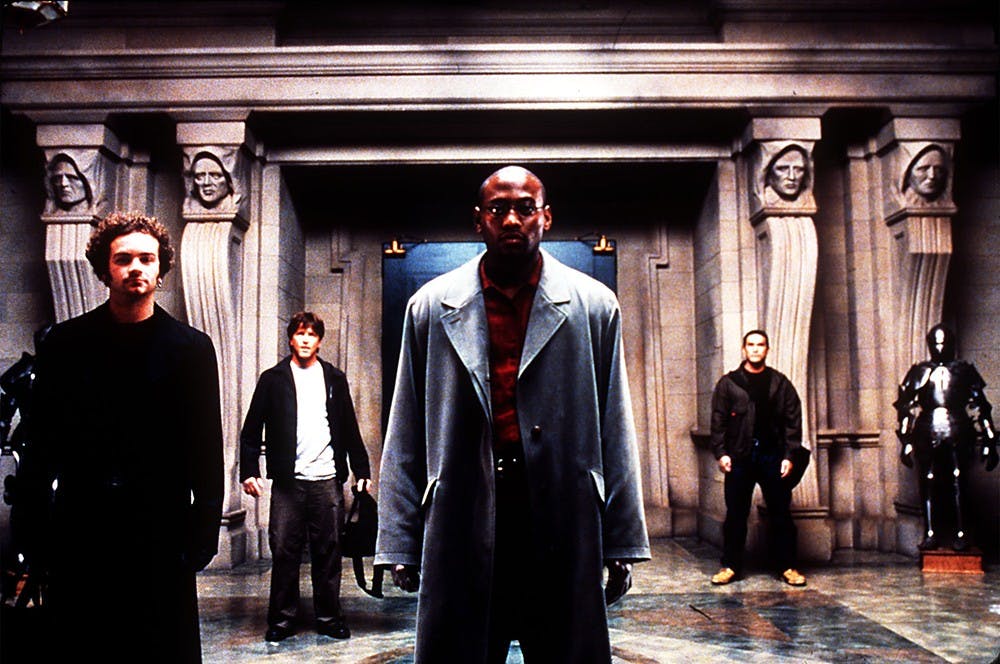When I found out that Wes Craven had lost his battle to brain cancer and passed away at the age of 76, my heart was absolutely broken. As an avid horror fan and film student, Craven was no doubt one of my biggest influences. Realizing that I would never see another film from the man who created Freddy Krueger and sparked my love of the genre was absolutely devastating.
Born in 1939 and raised in a strict Baptist family, Craven studied English and psychology at Wheaton College in Illinois. He then received a master’s degree in writing and philosophy at Johns Hopkins University. His first feature, “The Last House on the Left,” was released in 1972.
Five years later, Craven brought one of my personal favorite horror films, “The Hills Have Eyes” to the screen. The movie follows a family hunted by savages after their car breaks down in the middle of the desert.
To this day, it stands as one of the most gruesome, violent and symbolic horror films ever made. The movie is incredibly intense and tough to sit through. absolutely stands as one of Craven’s best.
Nine years later, Craven brought to life Freddy Krueger in “A Nightmare on Elm Street.” Though the genre staple would spawn numerous sequels, Krueger’s original appearance was one of the most iconic horror films ever made, and rightfully so.
The film features an incredibly simple story and turns it into something so much more. The notion of what would happen if one’s nightmares became a reality isn’t that fresh of an idea on its own, but in writing the film, Craven created Krueger, an incredibly complex villain who viewers just want to know more about the more they watch him onscreen.
Craven would flesh out the character’s mythology in later films, but the original stands far superior to its sequels simply due to the fact that the first time around is always the most unique. Krueger’s signature look and attitude paired with Robert Englund’s terrific embodiment of the character places him in the top echelon of iconic horror villains.
Another favorite Craven film of mine has to be the 1996 meta-horror comedy “Scream.” The idea of a serious yet self-referential horror film is absolutely brilliant. Perfect casting and direction by Craven helped to launch yet another signature franchise for the horror maestro.
As an aspiring writer and director, Craven was one of the first directors to show me that in the horror genre, an interesting antagonist is the key factor in making a film enjoyable. Sure, creative kills and ample gore help, but if the audience is captivated by the killer and can learn to both love and hate them as the series goes on, you’re absolutely doing your job right.
Craven’s keen sense of balancing gore and atmosphere was absolutely uncanny (Krueger’s boiler room lair still terrifies me) and remakes of his films absolutely proved this. Both the remakes of “The Hills Have Eyes” and “Nightmare” were serviceable, but Craven’s directorial touch was missing.
The way Craven changed the slasher genre and became an absolute iconoclast was unprecedented. He taught me that characters truly do come first and that even the most simple of stories can be brought to life in a fascinating way.
Most of all though, Craven taught me that horror can be fun. The first time I saw “Nightmare,” I was 10 years old, and despite being terrified, I had an absolute blast watching the film. It was clear the team behind it never took themselves too seriously.
Everything I love about the horror genre, I was shown by Wes Craven. The Master of Horror will truly be missed. Rest in Peace, sir.
Reach the reporter at seweinst@asu.edu or follow @S_Weinstein95 on Twitter.
Like The State Press on Facebook and follow @statepress on Twitter.




